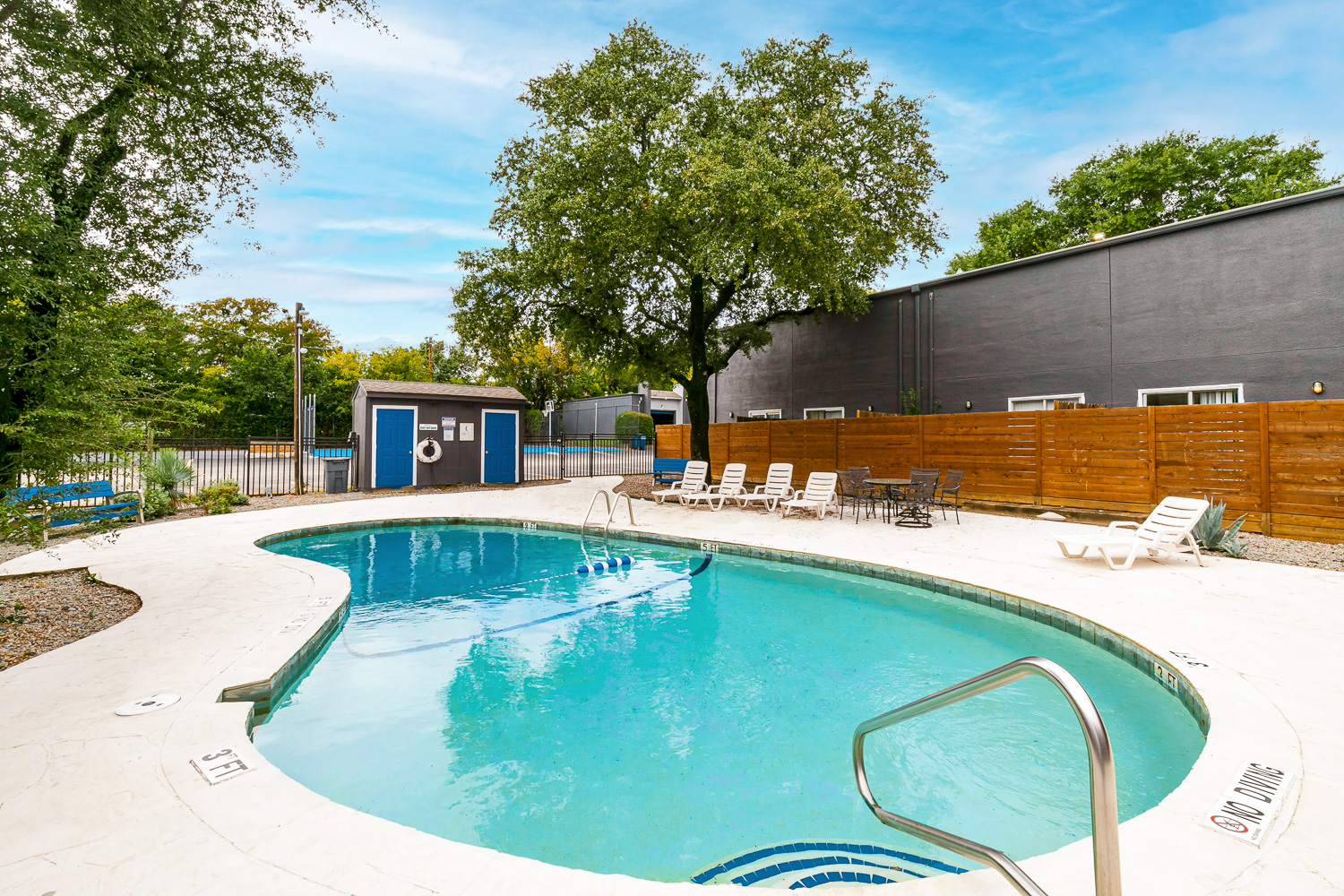In the event of an emergency the number one priority is with the safety of our staff and residents.
Immediate actions:
- Ensure the safety of all affected residents, visitors and staff.
- Call 9-1-1 if appropriate. If you are not sure whether to call, then call. Let the operator assist you with determining whether or not emergency services are necessary.
- Call your immediate supervisor to notify them of the situation and let them know you’re on top of things and a good contact number (especially if it is outside of normal business hours).
- Cooperate with all requests from the emergency services.
- As time permits, record the scene with photographs and/or video (use your cell phone for this) but do not put yourself or others in danger to do so.
Uninhabitable Units
If a resident’s unit is deemed uninhabitable (for whatever reason) we’ll return their deposit and let them out of their lease. We are not obligated to put them up anywhere however we should offer the following options (in this order):
- Do they have friends or relatives nearby that they can stay with?
- Put them in touch with the American Red Cross or Salvation Army. We support both of these charities and they are very well prepared to handle people emergency situations.
- We no longer offer to pay to put people up in a hotel over night. However we can offer to make a reservation (in their name) at a nearby hotel if they like, but then they are responsible for any and all charges.
- Do not move them into a vacant apartment. Much as this might seem like a good solution there are too many legal implications and complications with this. It has also been our experience that the affected residents are never happy with this solution.
Note that in any circumstance we cannot refund any of their out of pocket expenses or give them a credit on their rent.
Media Communications in the event of an emergency
More severe emergency situations will involve the local police or fire department. This may result in calls from the media and other concerned individuals/groups. Such inquiries should be referred to those groups, simply by saying,
“This is a police/fire department investigation. Please refer your questions to them.”
If local authorities are not involved and you are contacted by the media, please state the following:
“Right now, or primary concern is for our residents. We will follow up with you regarding this situation when we have more information. Thank you for understanding.”
Guidelines for dealing with the media:
- Immediately contact your supervisor.
- Never speculate or volunteer information to the media. State only the facts once they are known.
- Never let the media roam the property unattended! If the media is at the property and wants to walk around, explain that the community is private property and that the company policies do not allow non-residents to roam the property unattended. Escort media personnel to the property office or to the designated “media area.” This could be at the street in front of the property. If they refuse to comply, politely ask them to leave the property. Remember, your community is private property and the media must abide by private property laws. However, the media may interview, film, or take photographs in public areas outside the property, such as sidewalks and roads. If they’re doing so, please to not intervene or harass them.
